
Calmy-Rey unveils action plan for women

On International Women's Day Swiss President Micheline Calmy-Rey has presented a Swiss action plan for a UN Security Council Resolution on women, peace and security.
In a radio and television address she called on partners of working women to make a “fair contribution” to family life. Also on Thursday, the House of Representatives passed a motion for legally guaranteed paternity leave.
Calmy-Rey launched the action plan in Geneva on Thursday during an event organised by women’s organisations and the cantonal equality office.
The resolution, dating back to 2000, is the first UN Security Council Resolution which expressly refers to the effects of armed conflicts on women and girls and underlines the importance of women in peace processes.
The resolution has three priorities. First, women should be more involved in peace promotion measures. Second, gender-specific violence against women and girls in armed conflicts must be prevented and the rights and needs of girls and women must be protected.
Finally, peace promotion activities by states must take into account that men and women are differently affected by armed conflicts and play different roles in them.
Switzerland is already actively promoting these priorities and the action plan contains measures for 2007-2009 for their implementation.
“Brutal reality”
Earlier in the day Calmy-Rey visited the Geneva International Motor Show, at which she admitted she loved driving her car but reminded the audience that “if we, women, really appreciate the car, it is because it liberates us”.
Later she also spoke out for the rights of women at the International Film Festival and Forum on Human Rights.
In her radio and television address – the first time a female Swiss president has spoken to the nation on International Women’s Day – Calmy-Rey called on men to take a look at their commitment and obligations and to discuss them with their partner.
“Perhaps they see things slightly differently,” she said, adding that Switzerland was still catching up regarding sexual equality.
Women only got the vote in Switzerland at the national level in 1971 – one of the last countries in Europe to do so. The last canton to allow women the vote was Appenzell Inner-Rhodes, which was compelled to adopt female suffrage by a court order in 1990.
Calmy-Rey then drew attention to the international situation, which she described as “a brutal reality for all too many women”, highlighting the widespread violence against women and the fact that women are more affected by poverty than men.
Paternity leave
During a heated special debate in the House of Representatives on Thursday, parliamentarians voted on 15 motions.
A motion for legally guaranteed paternity leave was one of only six motions to be passed, although there is still a long way to go before becoming law.
The concept of paternity leave has been slowly gaining ground in Switzerland, coming after women were finally granted the right to 14 weeks’ paid maternity leave from July 2005 at 80 per cent of their normal salary.
There is currently no such legislation for Swiss fathers who must depend on their employers’ generosity and understanding. Political support for a law has generally not been strong.
Maternity benefit was anchored in the Swiss constitution in 1945. But voters rejected compulsory paid maternity leave on four occasions. It finally passed at the ballot box in September 2004.
swissinfo with agencies

More
House of Representatives
The United Nations declared March 8 International Women’s Day in 1975.
Women’s organisations use the day to raise social, political and legal issues that concern women.
A Swiss parliamentary delegation, which includes the speaker of the House of Representatives, Christine Egerszegi, has asked the UN Commission on the Status of Women for better protection for women and children against violence, abuse and discrimination.
All types of abuse against girls are unacceptable and are a breach of children’s rights, Swiss UN ambassador Peter Maurer told the commission.
The World Health Organization says one in five women have been sexually abused.
25% of parliamentarians are women, up from 5% in 1971. Switzerland ranks 31 out of 190 countries in female national parliamentary representation.
In 2004, the average wage for a woman was SFr4,735 ($3,860) – almost 20% lower than that for a man, who earned SFr5,910.
Three-quarters of men aged over 15 were employed, as opposed to 60% of women. 57% of women were employed part time compared with just 12% of men.
Eight out of ten women who lived with a partner and had children described themselves as housewives.
In 2005, 57% of students who obtained a school-leaving certificate were women, but more women than men (23% versus 13%) did no further education.

In compliance with the JTI standards
More: SWI swissinfo.ch certified by the Journalism Trust Initiative

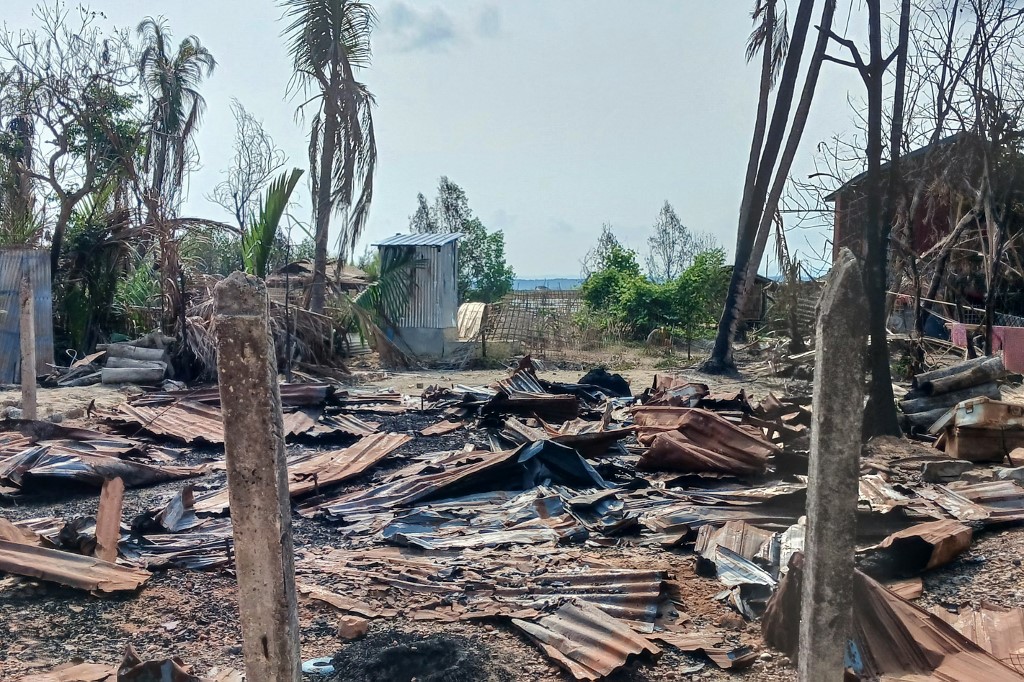
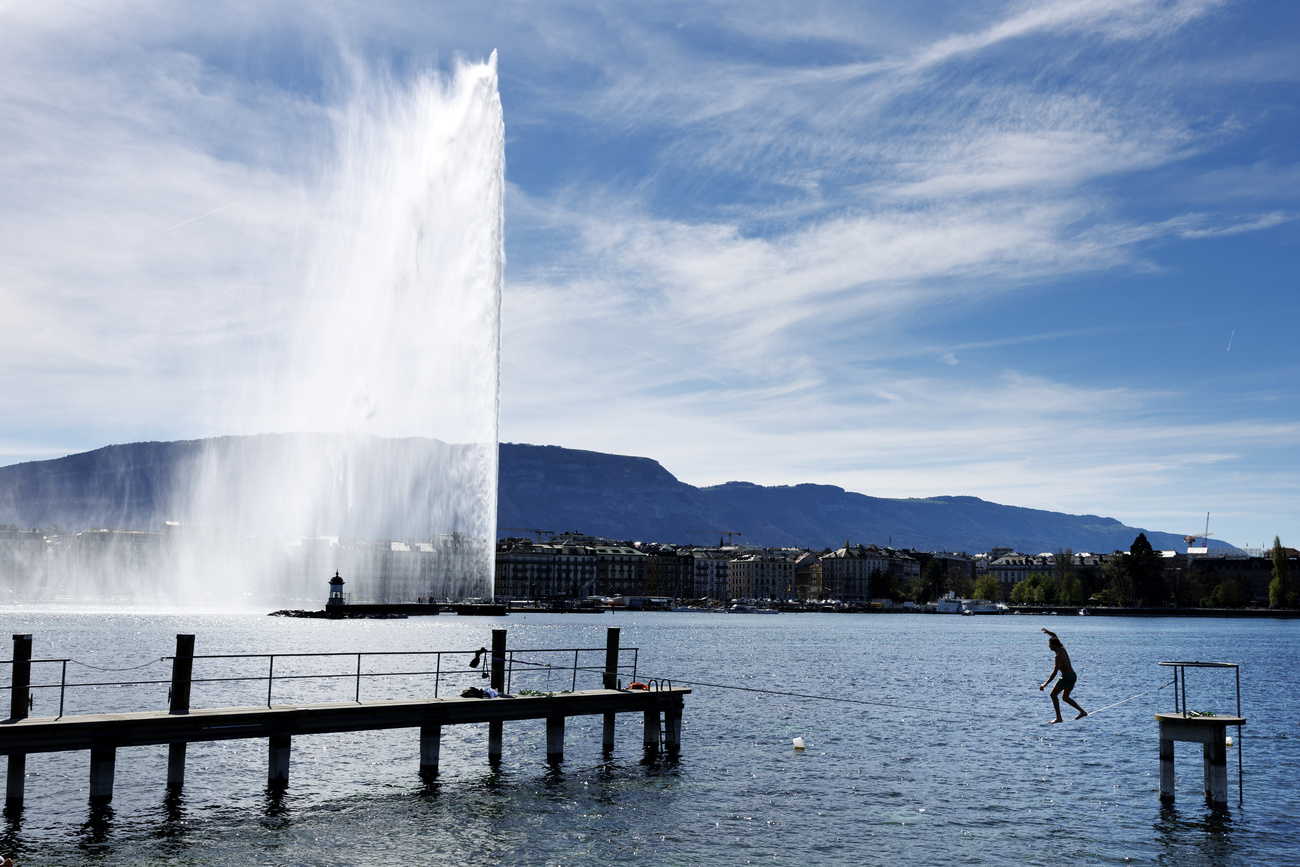













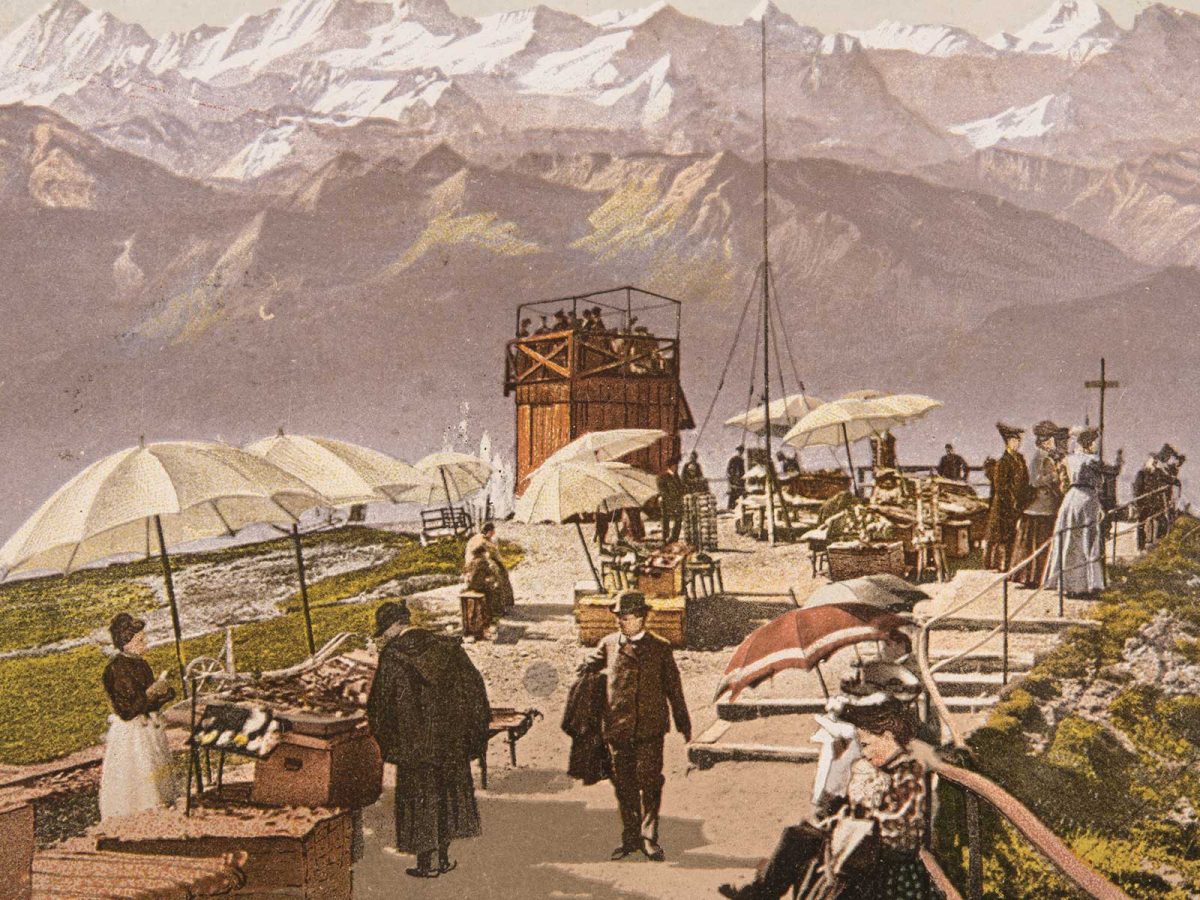









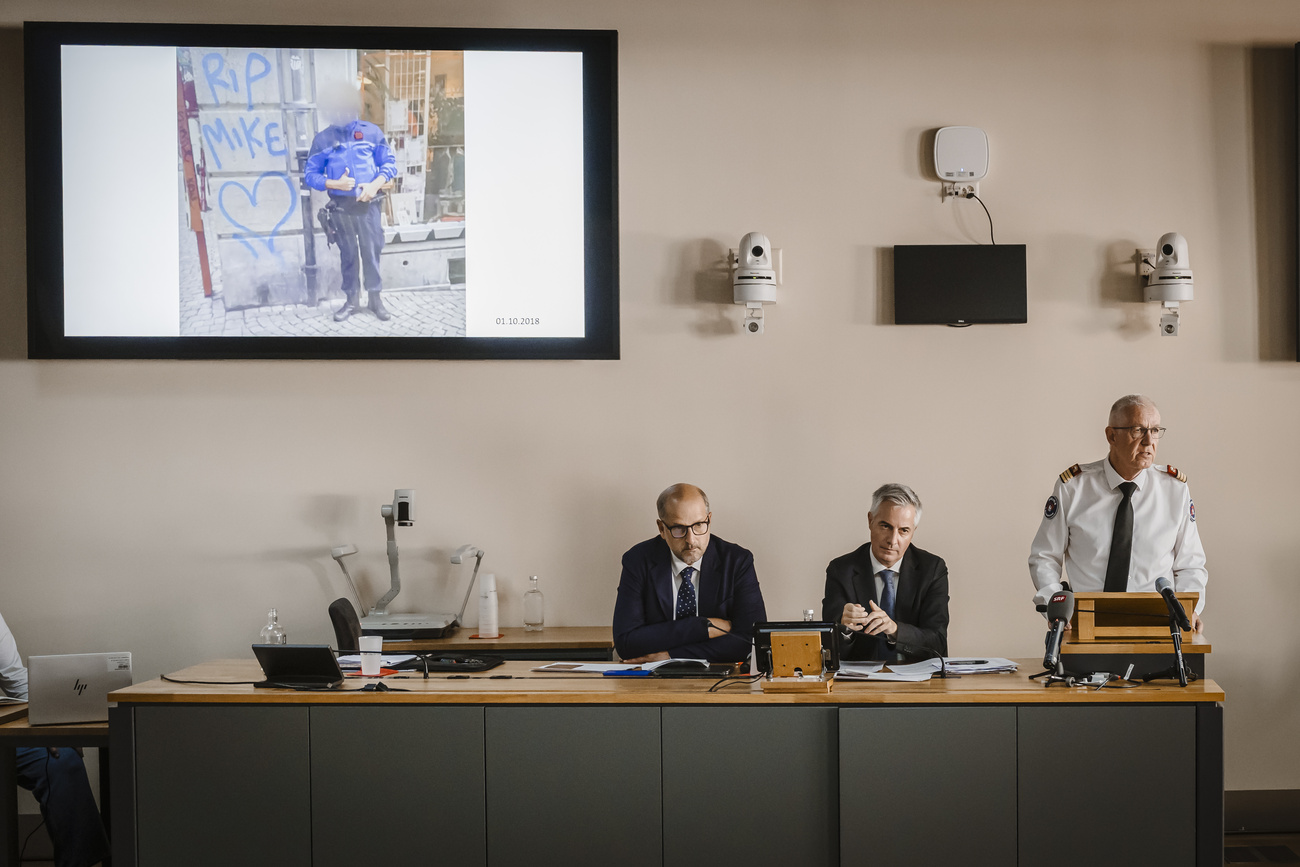








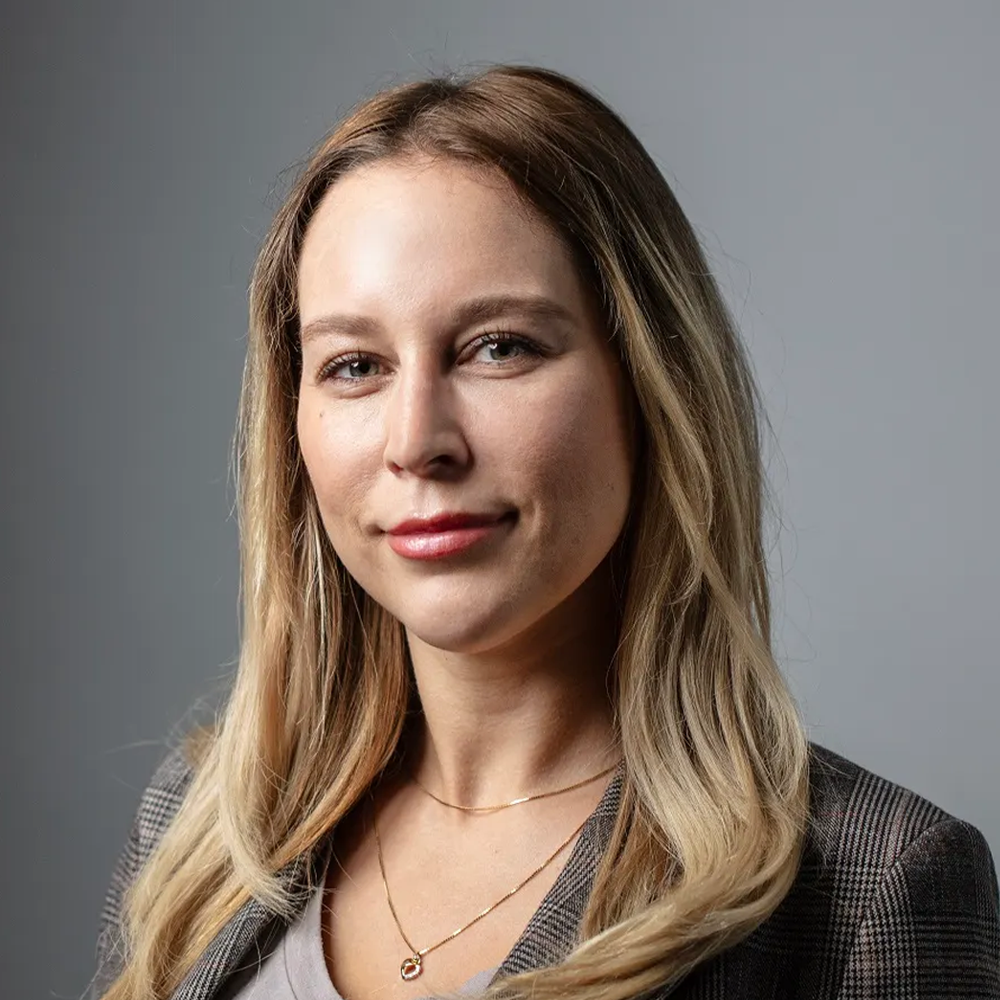

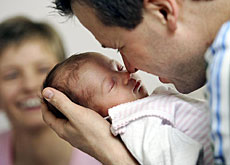
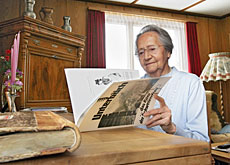
You can find an overview of ongoing debates with our journalists here . Please join us!
If you want to start a conversation about a topic raised in this article or want to report factual errors, email us at english@swissinfo.ch.